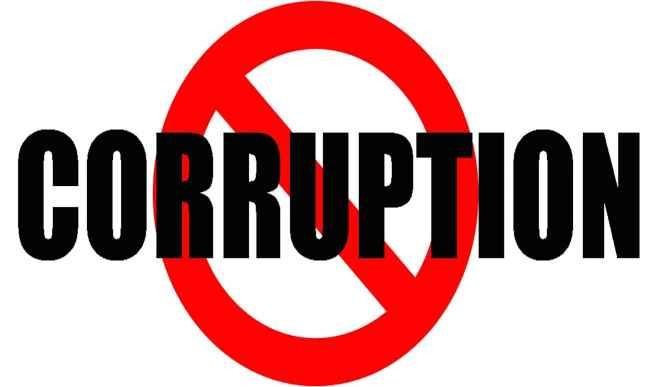The CLEEN Foundation has called a speedy action on the targeted digitization of court proceedings and judgments in the country with a view to promoting accountability and transparency in the anti-corruption fight.
The Executive Director of the foundation, Dr. Benson Olugbuo, made the call in Abuja at the 3rd National Project Working Group on the Administration of Criminal Justice Act 2015 (ACJA 2015), themed, “Promoting Accountability and Transparency in the Administration of Criminal Justice System in Nigeria”.
He said the project principally seeks to monitor cases of corruption in relation to ACJA 2015 through a web based platform, ‘Uwazi doc’ which is functional, accessible and within the reach of the public.
He said the ACJA 2015 was not designed to do away with the already existing criminal laws in its entirety, but was designed to preserve and strengthen the existing legal framework by introducing innovative provisions that will give a face lift to the efficiency of the justice system.
He said, “The new federal legislation has brought fundamental changes to the criminal justice system, as it provides in section 1 of the ACJA, for an administration of criminal justice system which promotes fast tracking of justice delivery, efficient management of criminal justice institutions, protection of citizens as well as protection of the rights and interest of suspects, defendants and victims.
“The objective of the Act may never be attained unless and until all relevant stakeholders in the criminal justice system are aligned to work collaboratively to ensure that the Act is not just implemented but fully complied with by all judicial actors concerned.”
On her part, the Program Manager of the foundation , Mrs. Ruth Olofin, said the goal of the project is hinged on reducing corruption, promoting judicial transparency in processing anti-corruption cases; and enhancing accountability in the criminal justice system in Nigeria.
She said this was to make information (recent case laws- hard copies of court ruling/judgments with application of ACJA), on corruption and accountability easily accessible (online and offline) to all stakeholders.
She listed the eight focal states of the project as Enugu, Anambra, Lagos, Oyo, Ondo, Ekiti, Kaduna and FCT.
Also, Prof. Yemi Akinseye-George, a Senior Advocate of Nigeria, while speaking on “Application of ACJA/ACJA Laws in Prosecuting Corruption Cases”, listed trial within trial, starting trials denovo, extensive and gruesome cross-examination of prosecution witnesses, intimidation of ‘hard working’ and uncompromising judges through petition-writing; and poor knowledge of the ACJA provisions among others is militating factors against justice which the ACJA 2015 seek to redress.
He therefore among others suggested capacity building for investigators and prosecutors; monitoring of investigators and prosecutors, reward systems or incentives; and provision of improved facilities such as digitalized courts as way forward.

 Join Daily Trust WhatsApp Community For Quick Access To News and Happenings Around You.
Join Daily Trust WhatsApp Community For Quick Access To News and Happenings Around You.


